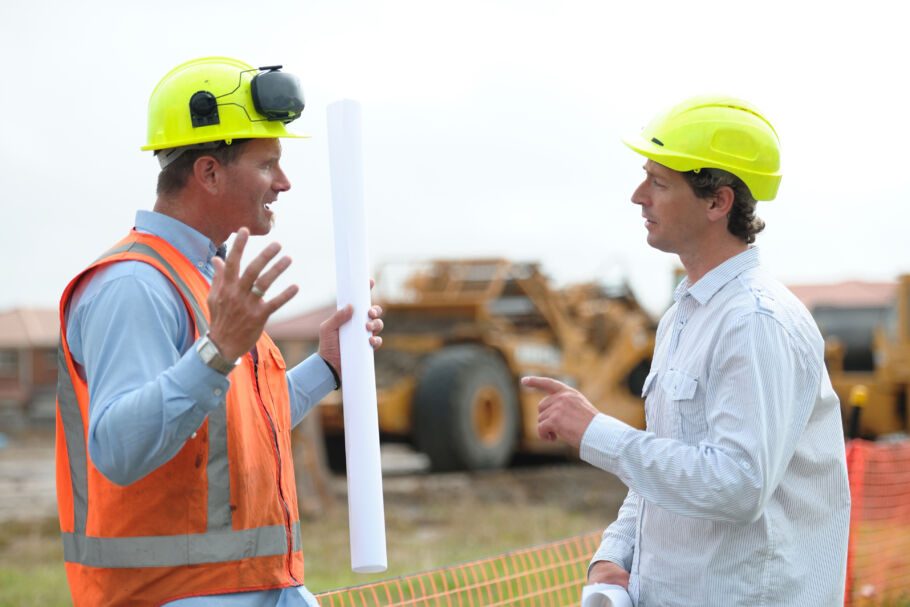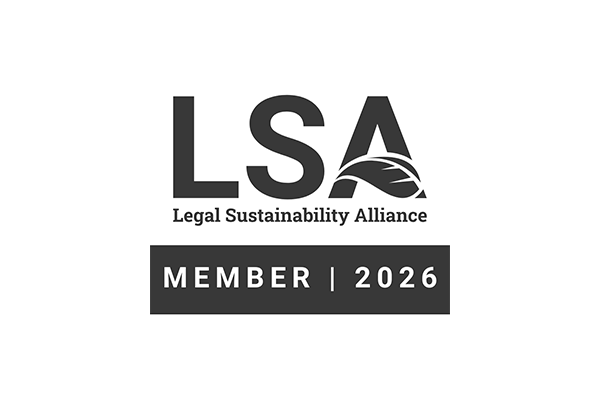Finding solutions to clients’ legal problems requires technical excellence, practical experience, commercial awareness… and the ability to communicate it all clearly.
A very high level of legal expertise is essential, but it is not enough on its own. Our clients also expect us to be embedded in their sectors, to understand the challenges they face, and to offer strategic advice that takes them closer to their commercial goals.
Browse our articles, insights and guides.
13 February 2026
Digital assets: key legal developments to watch out for in 2026
12 February 2026
An independent law firm, headquartered in Scotland, delivering high-quality legal advice and services to our clients.
We support all of our colleagues to achieve their full potential.







































